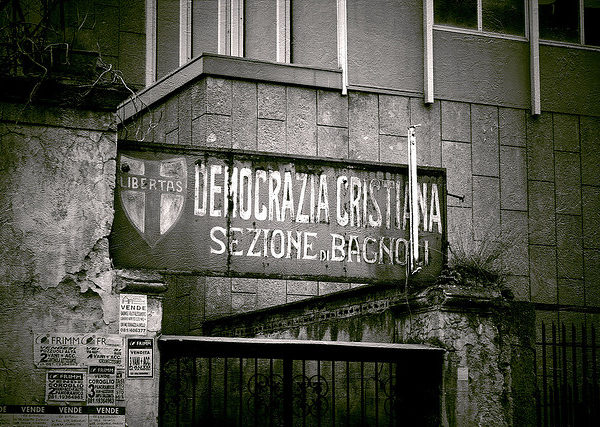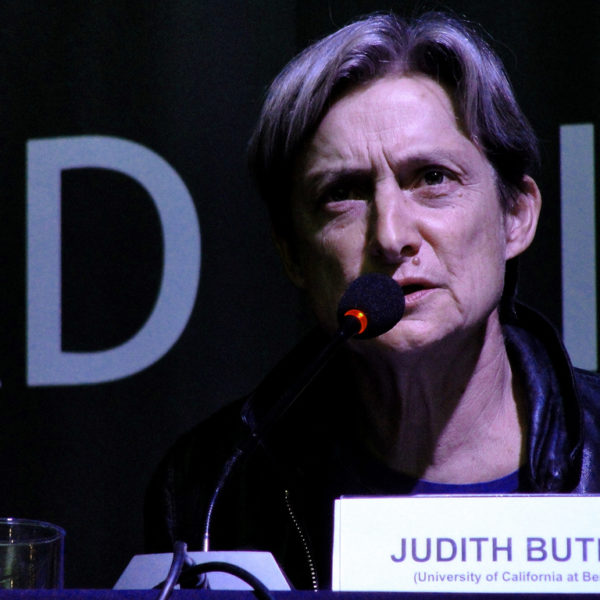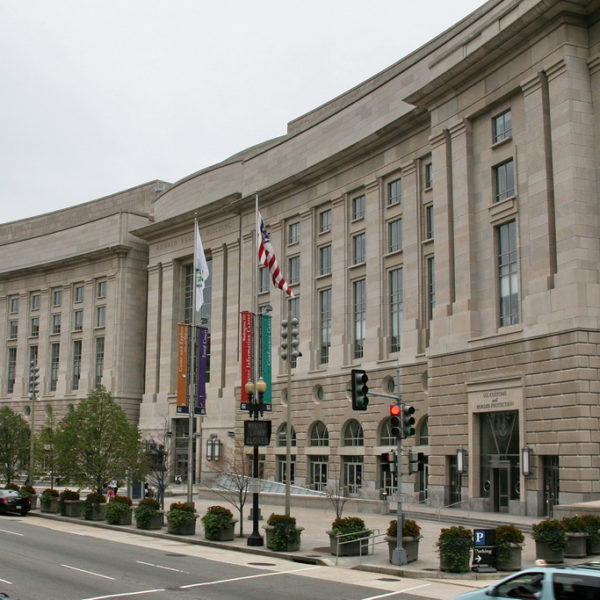
This is the fourth, and final, post in a series that was kick-started last September with a short discussion of how the growing field of just intelligence theory might be overly influenced by jus contra bellum thinking, or what Tobias Winright has coined “the presumption against harm version of just war theory.” This particular variant of just war theory is defined at its core by a presumption against war or a presumption against the use of force.

“That which does not kill us makes us stronger,” Nietzsche wrote.
As the global neo-liberal order slowly unravels before our eyes, that recognition holds more true today than ever.

Several of my friends joined a Facebook meme soliciting a list of the ten books that most influenced you. I thought myself too cool to participate, but if I had, Judith Butler’s Gender Trouble would have been on my list. I devoured it one winter break when I was home from college. At the time, I was fascinated by the world of feminist theory to which Butler introduced me.

Judith Butler’s Parting Ways proposes a “Jewish” critique of state violence. But to my mind its real success is in arguing persuasively for a model of identity that places relationality and dispossession at the heart of human political experience. She forges her claim through readings of 20th century thinkers all touched by persecution and the experience of statelessness. These include Jews and non-Jews alike.

The election of Matteo Renzi represents a low point in the fortunes of political Catholicism in democratic Italy, as engaged Catholics across the political spectrum have less influence over the national government than at probably any point since World War II. This decline in fortunes illustrates the weaknesses of mainstream Catholic political strategies in the post-Cold War era. A cross-country comparison of Italy and the U.S. can help illustrate how the struggles of political Catholicism in the early twenty-first century reflect certain weaknesses in the Catholic Church’s current understanding of its social mission.

The reception of Parting Ways has been an instructive gauge of the political temperature of U.S. conversations about Zionism. Putting the phrase “critique of Zionism” in the title is bound, for better or for worse, to garner an audience. It seems that everyone has an opinion, even those who’ve never read the book.

For the past twenty years the Christian right have been labeled the ‘backbone’ and ‘base’ behind the Republican Party’s electoral successes, a view that deepened with Bush’s consecutive victories in 2000 and 2004. Until recently the alignment between evangelical Christians on the Christian right and the Republican party had gone unquestioned.

Let’s say for heuristic reasons that there are two kinds of discourse, mainstream and radical. And then ask what happens when radical discourse enters or is brought into the mainstream. What would it mean to “moderate” that discourse that presents itself as radical?

. . . As you can tell from the course description, I even started the course by asking, in effect, “Why are people using this term?” I’m still not sure that I know the answer to that question almost five years later. In teaching the course, the question of the academic worth of the material was at the forefront of discussions during the entire semester. “What was wrong with liberalism again?” was a question that, sometime around week six, took on full zombie status: it would just not die.

Viewing the film August: Osage County with academy award nominees Julia Roberts and Meryl Streep during the same week that Russia’s Vladimir Putin occupied Crimea and thumbed his nose at President Obama, it became impossible not to regard the movie itself as some sort of deep parable of the political age in which we live.

. . . A “nudge”—a term brought to public attention by Cass Sunstein and Richard Thaler—generally refers, in the policy world, to a small modification to an already existing “choice architecture,” some context in which we make decisions; the modification is meant to promote certain decisions over others, in a context where some such promotion is inescapable.

We were happy to have received these provocative responses to our original piece, and appreciate the chance to extend the conversation. We hope that in what follows we adequately answer some of the concerns raised by professors Vallier, Boer, and Baker and Watson about our original essay, and advance discussion on two levels.